Modern Art Gallery Museum Florence
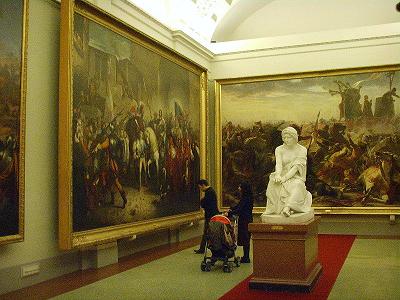
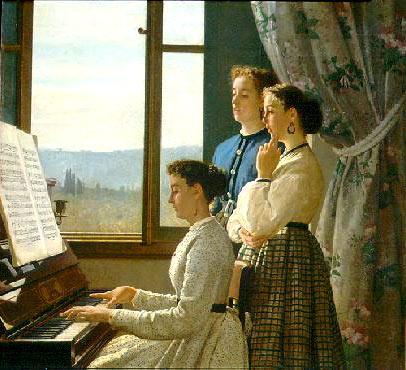
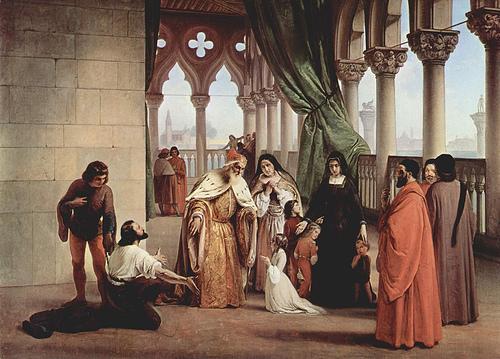
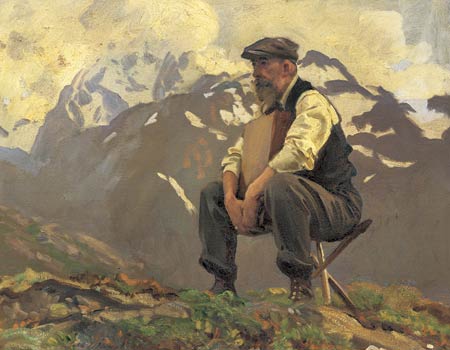




Centro Storico
Via della Ninna - 50122 Firenze
5
055-294883
The Gallery of Modern Art presently occupies the second floor of the Pitti Palace, in the rooms along the facade formerly the Palatine Library and those in the side wings used by the Medici children and retainers. Founded in 1860 and rearranged in 1918, it comprises a large group of works brought from the Academy of Fine Arts at that time. The layout is conditioned by the interiors as arranged by Ferdinando III and Leopoldo II in the Lorraine period, when the top floor of the palace was transformed. Great care has been taken to show to advantage the nineteenth century interiors, from the hand-made floors to the textiles, ensuring that the objects displayed have something of their original setting.
Through around 2000 exhibits, many by important artistic personalities of the period, the world of nineteenth.century academicism is revealed as belonging to an artistic movement found throughout Europe from the eighteenth century. The selection begins with both Neo- classical and Romantic works, including the Oath of Saxons to Napoleon by Pietro Benvenuti (1769-1844) or the grandiose Entry of Charles VIII and portrait of Marie Antoinette by Giuseppe Bezzuoli (1784-1855), or The Two Foscari by Francesco Hayez (1791-1882). There are also many historical pictures which represent one of the most significant aspects of early nineteenth century culture, such as those of Sabatelli, Pollastrini or Stefano Ussi, whose Expulsion of the Duke of Athens represents his debut in this genre. Fine sculpture of the same period is shown, such as Antonio Canova's head of Napoleon, Pietro Tenerani's Psyche and the famous Cain and Abel by Giovanni Duprè.
The paintings which most characterize the gallery however are those of the Macchiaioli, the famous Tuscan artists of the mid-nineteenth century whose far-reaching innovations were of national importance. These artists were mostly trained in the Florentine Academy, but rejected its formal and technical ideas in favour of smaller paintings inspired directly by nature or daily life and created with patches of colour and the use of light and shade. Many paintings by the best known of this group Giovanni Fattori (1825-1908) are found here, including the splendid Rotonda Palmieri and the Battle of Magenta, the 'Staffato' and a series of landscapes and scenes of life in the Maremma area (the Market in Maremma, the Ox-Cart, the Salto delle Pecore). The views and interior scenes of Silvestro Lega (1826-1895) and Telemaco Signorini (1835-1901) are notable, as is the large series of portraits by Giovanni Boldini (1842-1931) belonging to the gift made by Diego Martelli the noted critic and friend of the Macchiaioli. Paintings, and above all sculpture by Adriano Cecioni (1836-1886), one of the most lucid and aware of the group, show the effect on terracotta sculpture of the tonal ideas prevalent among these artists to whom the 'touch' was so important. Among recently opened rooms it is worth noting the one dedicated to Michele Gordigiani, the celebrated portraitist of Italian aristocracy.
The most notable group of paintings in the Gallery of Modern Art are therefore mainly of the nineteenth century, and the lack of examples of the early twentieth century movements is one felt very strongl in the Florentine collection.
Where we are
Others Museums
Previous
Next
-
Area: Centro storico
-
Area: Centro storico
-
Area: Centro storico
-
Area: Centro storico
-
Area: Centro storico
-
Area: Centro storico
-
Area: Semi-Centro
-
Area: Centro storico
-
Area: Centro storico
-
Area: Centro storico
-
Area: Centro storico
-
Area: Centro storico
-
Area: Centro storico
-
Area: Centro storico
-
Area: Centro storico
-
Area: Centro storico
-
Area: Centro storico
-
Area: Centro storico
-
Area: Centro storico
-
Area: Centro storico
-
Area: Centro storico
-
Area: Centro storico
-
Area: Centro storico
-
Area: Centro storico
-
Area: Centro storico
-
Area: Centro storico
-
Area: Centro storico
-
Area: Centro storico
-
Area: Centro storico
-
Area: Centro storico
-
Area: Centro storico
-
Area: Centro storico
-
Area: Centro storico
-
Area: Centro storico
-
Area: Semi-Centro
-
Area: Centro storico
-
Area: Centro storico
-
Area: Centro storico
-
Area: Centro storico
-
Area: Centro storico
-
Area: Ponte Vecchio
-
Area: Centro storico
-
Area: Centro storico
-
Area: Centro storico
-
Area: Centro storico
-
Area: Centro storico
-
Area: Centro storico
-
Area: Centro
-
Area: Centro storico





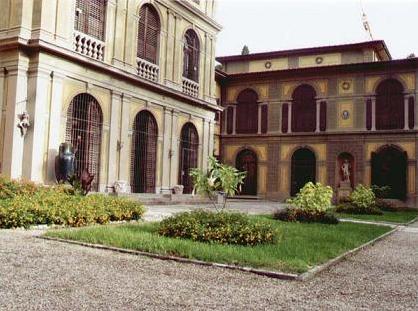
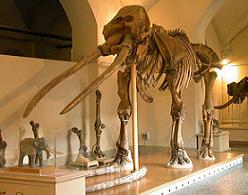
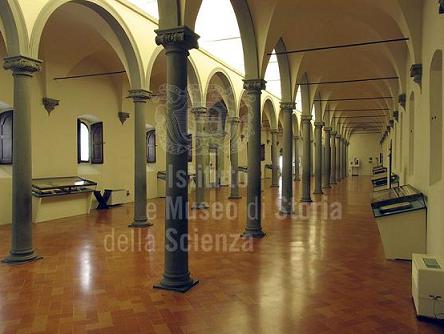
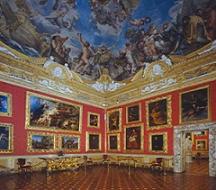
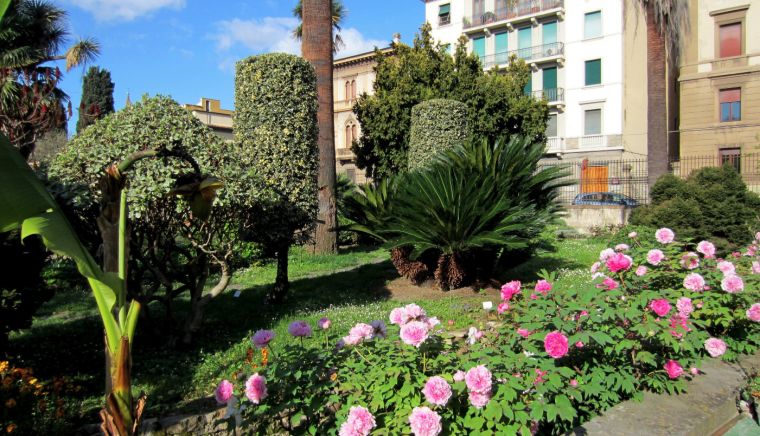
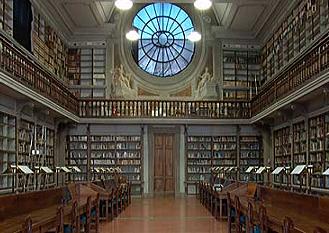

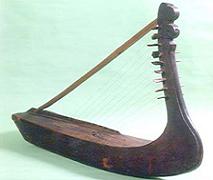
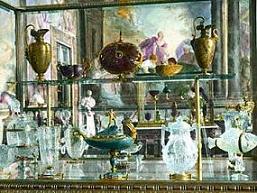

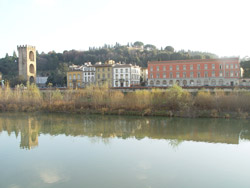
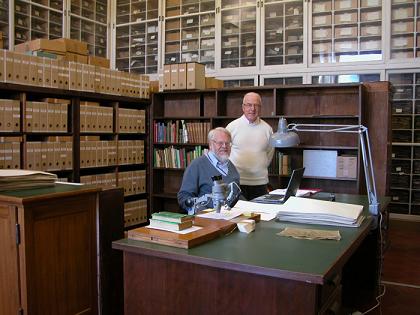
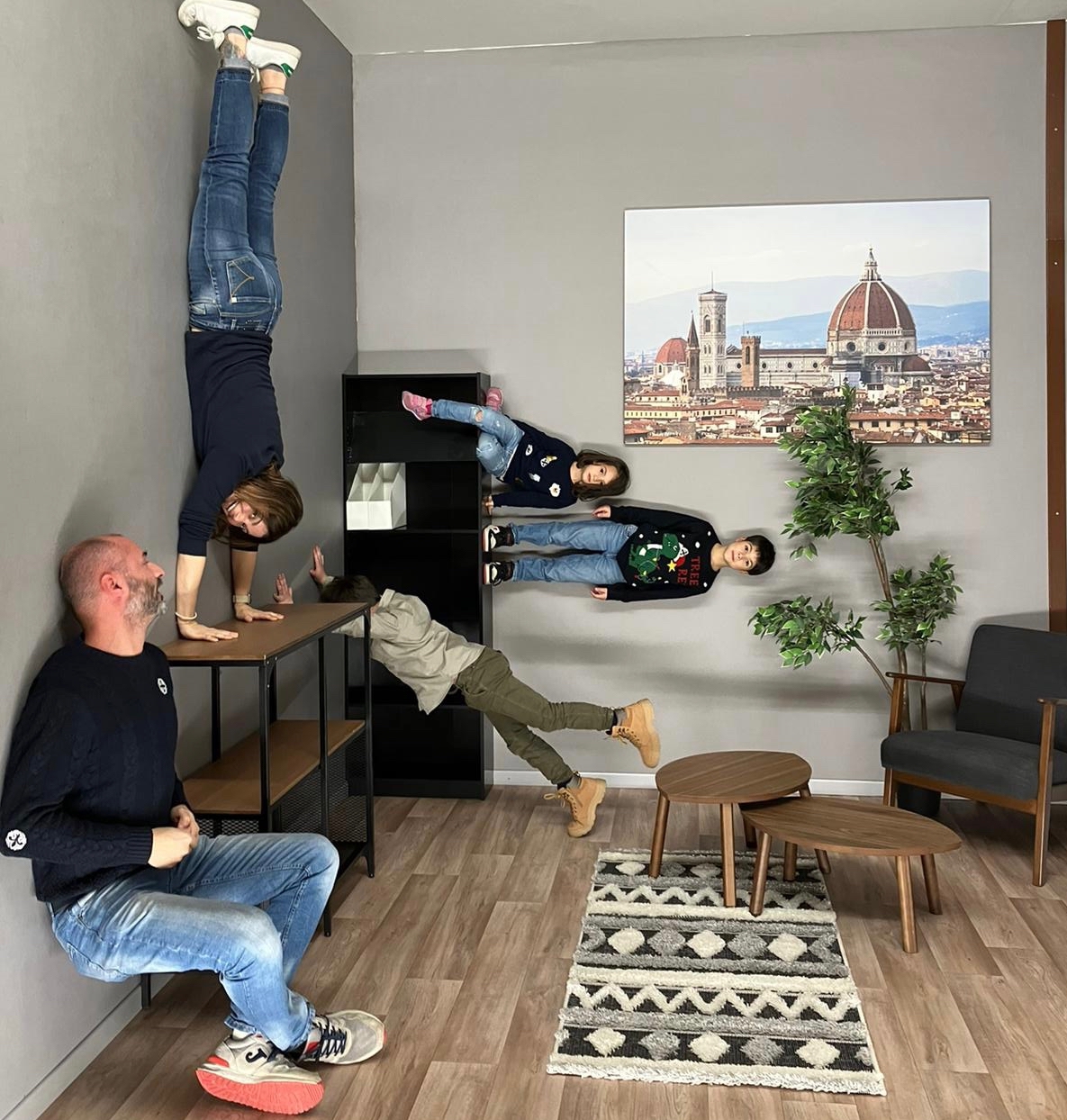
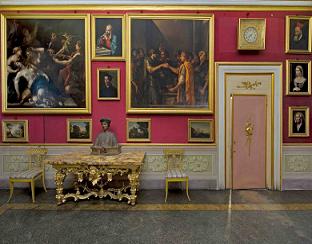
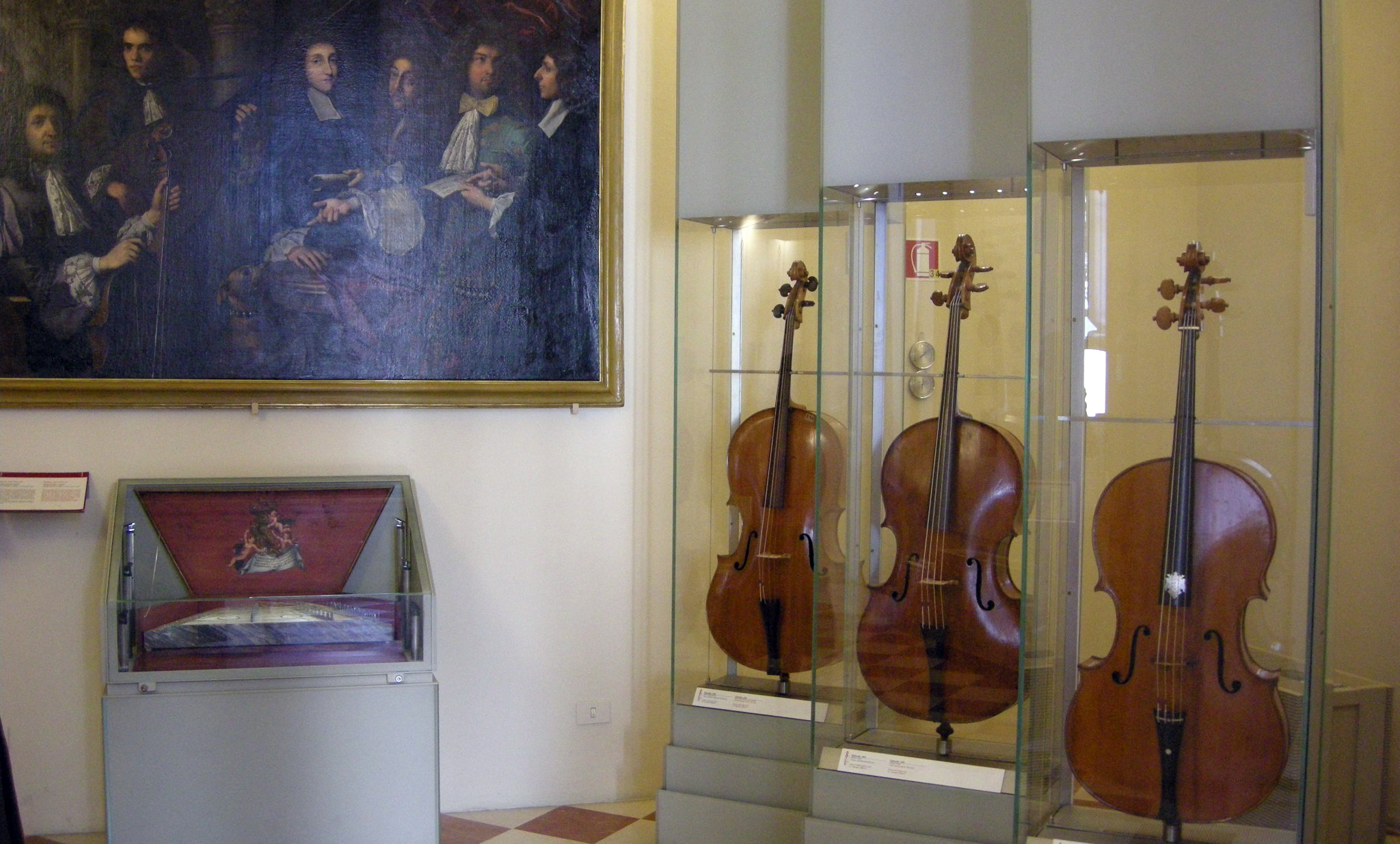
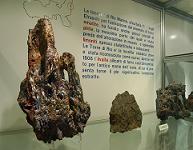
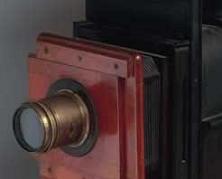
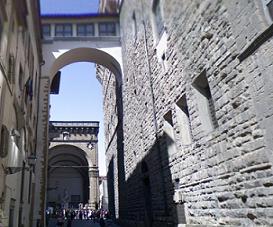
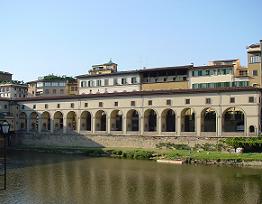
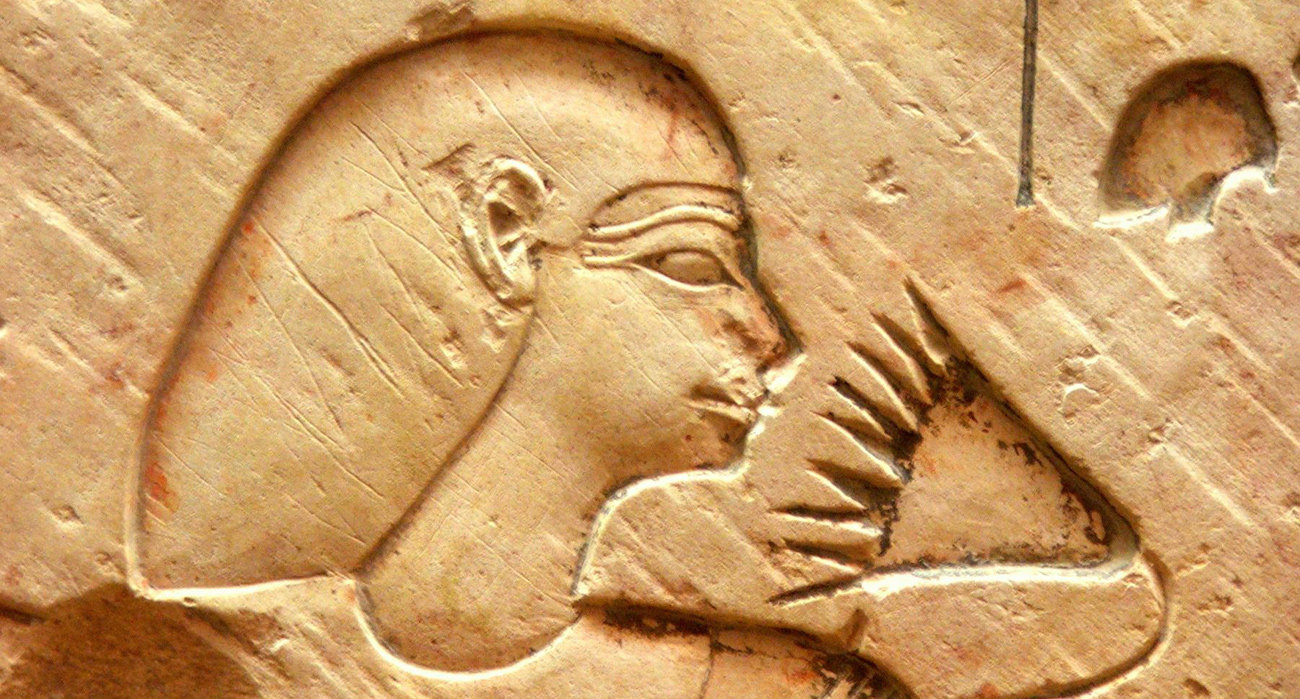
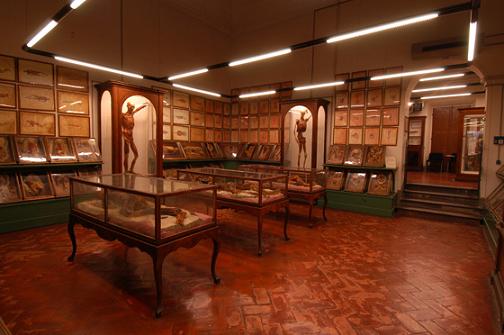

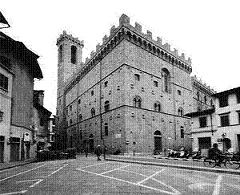
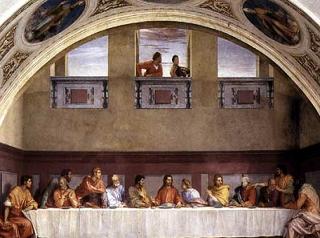
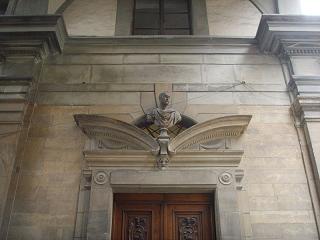
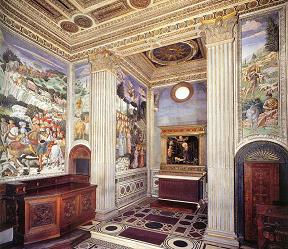
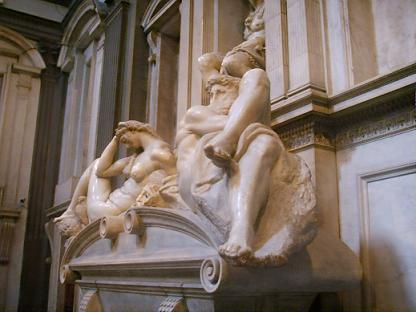
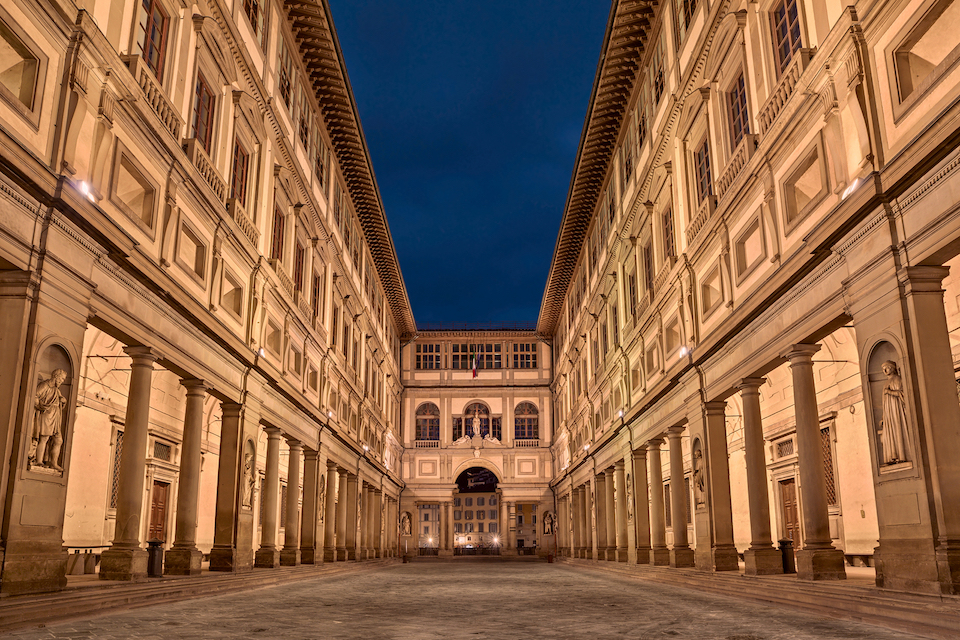

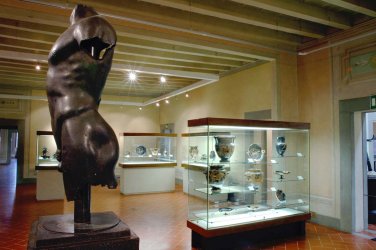
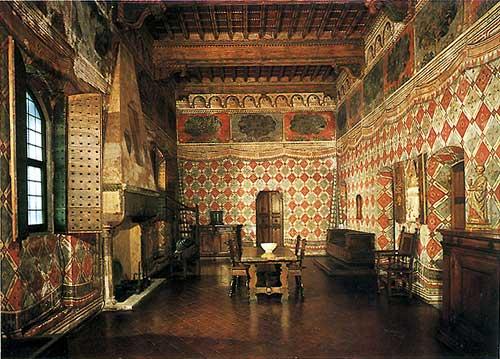
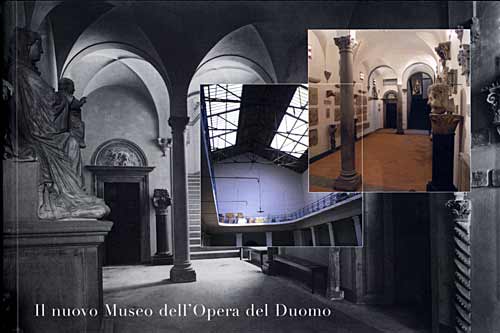


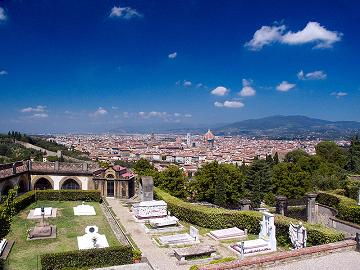
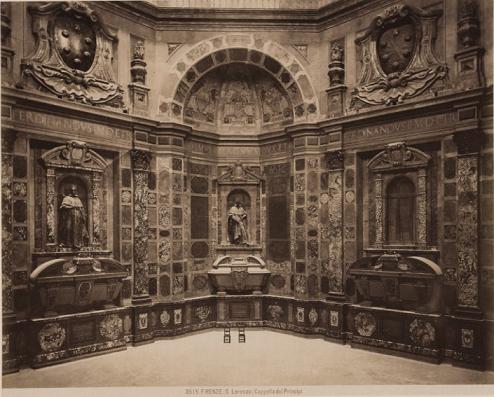
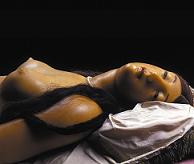
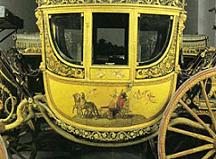
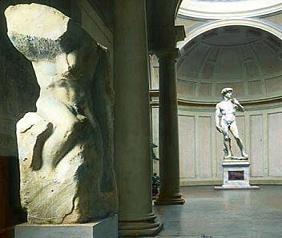
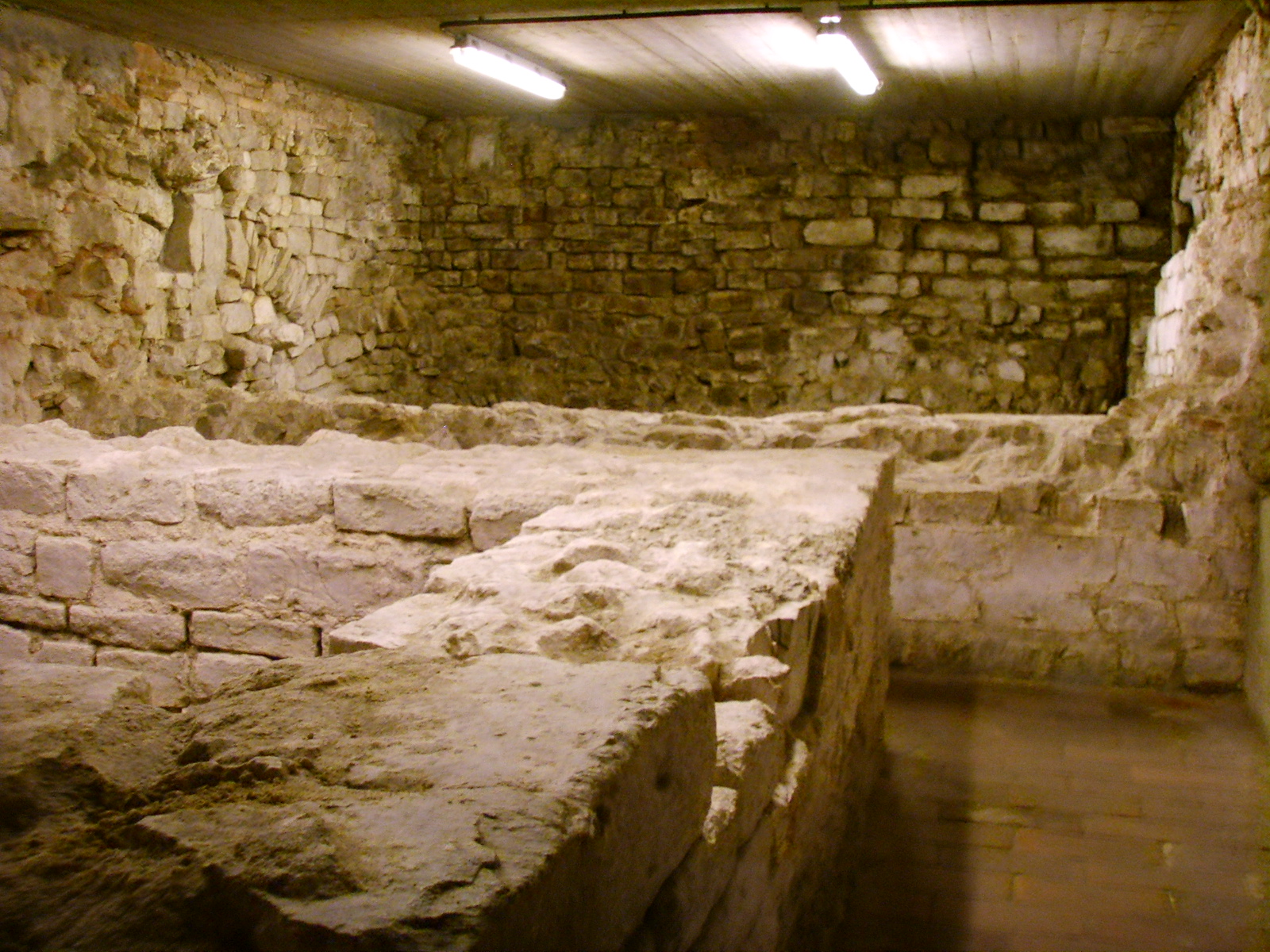

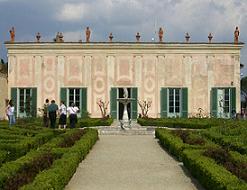
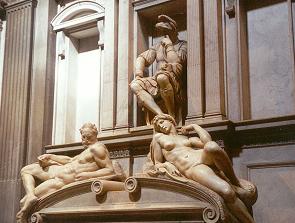
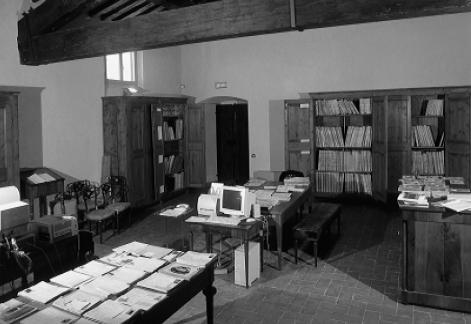
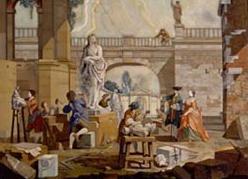

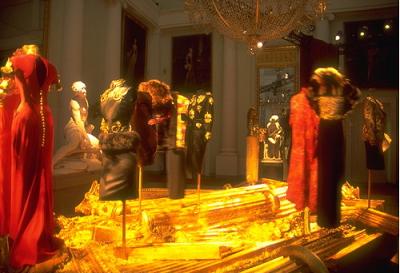
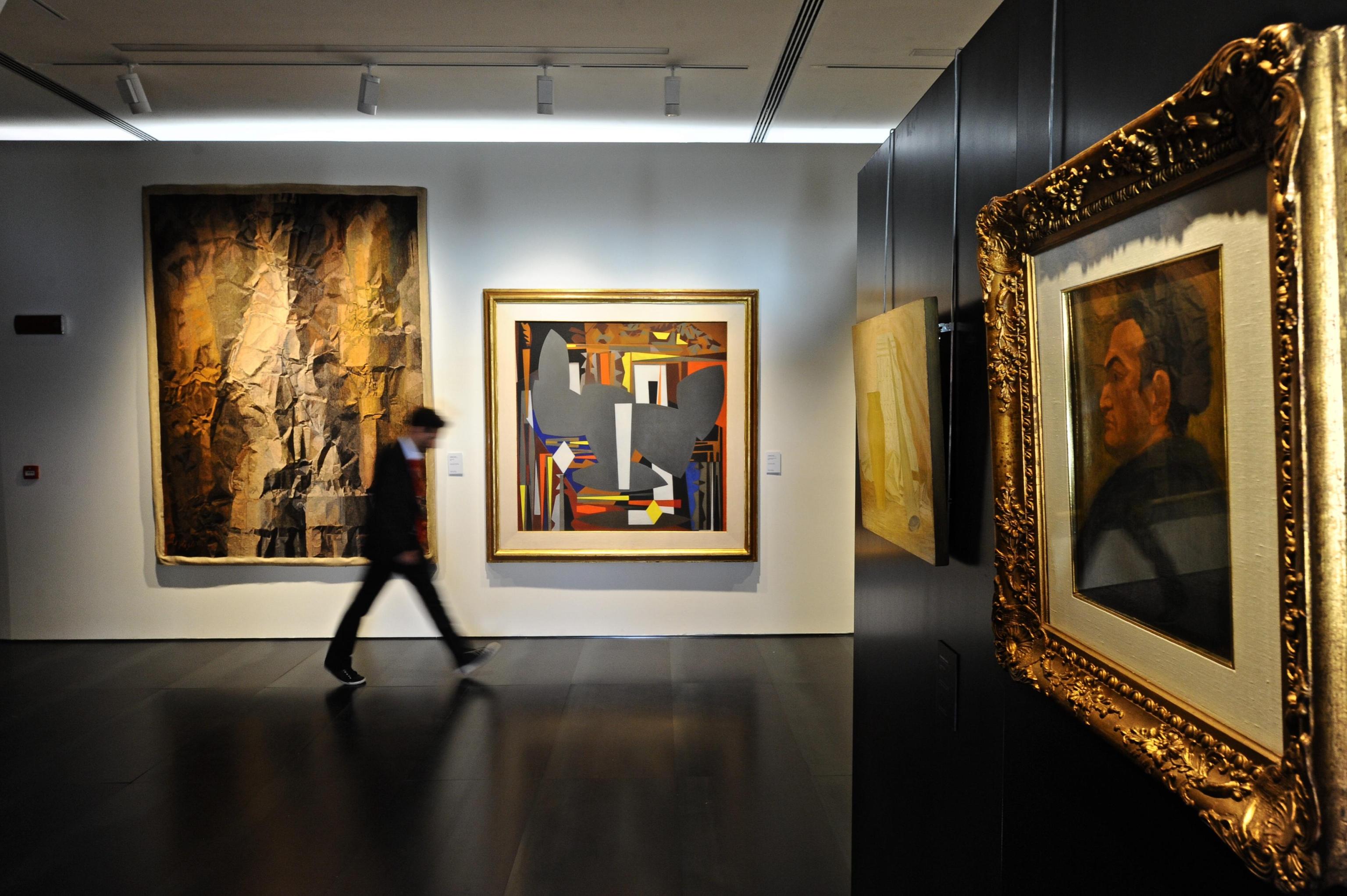
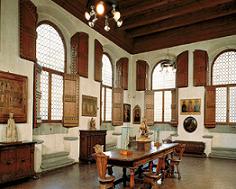
Comments